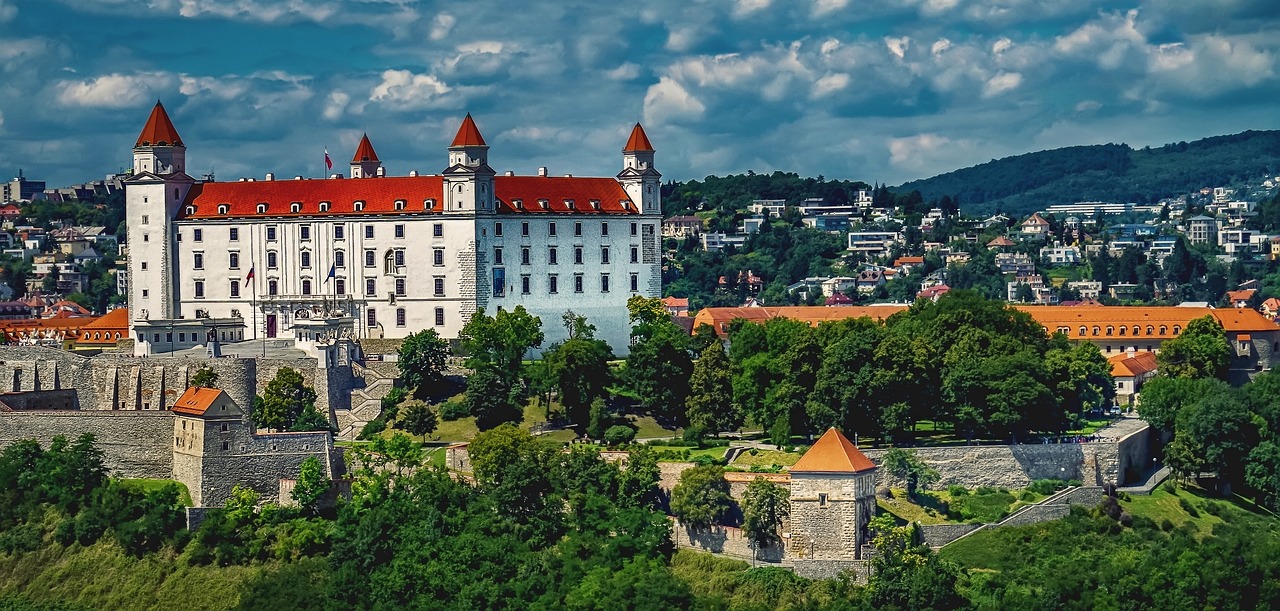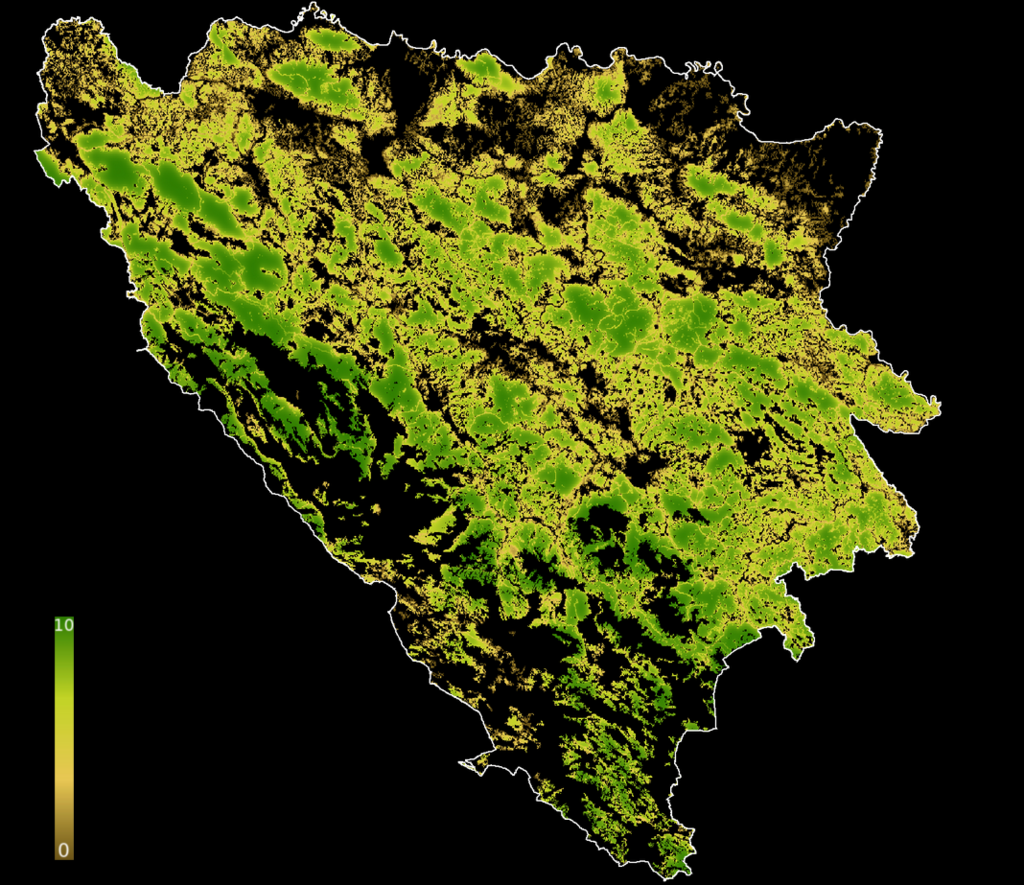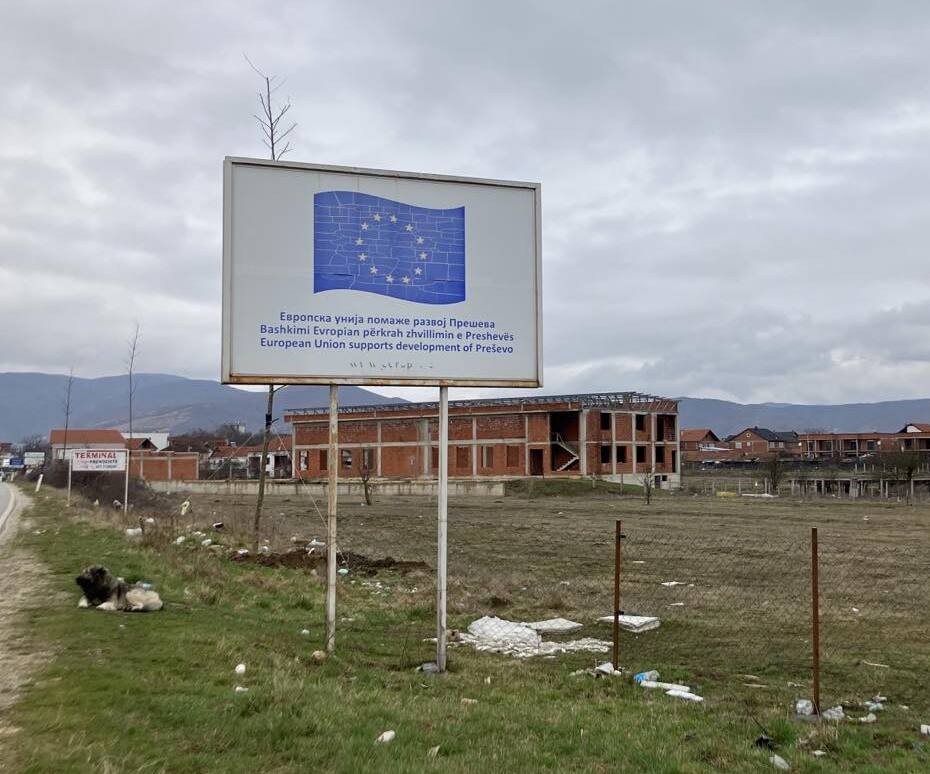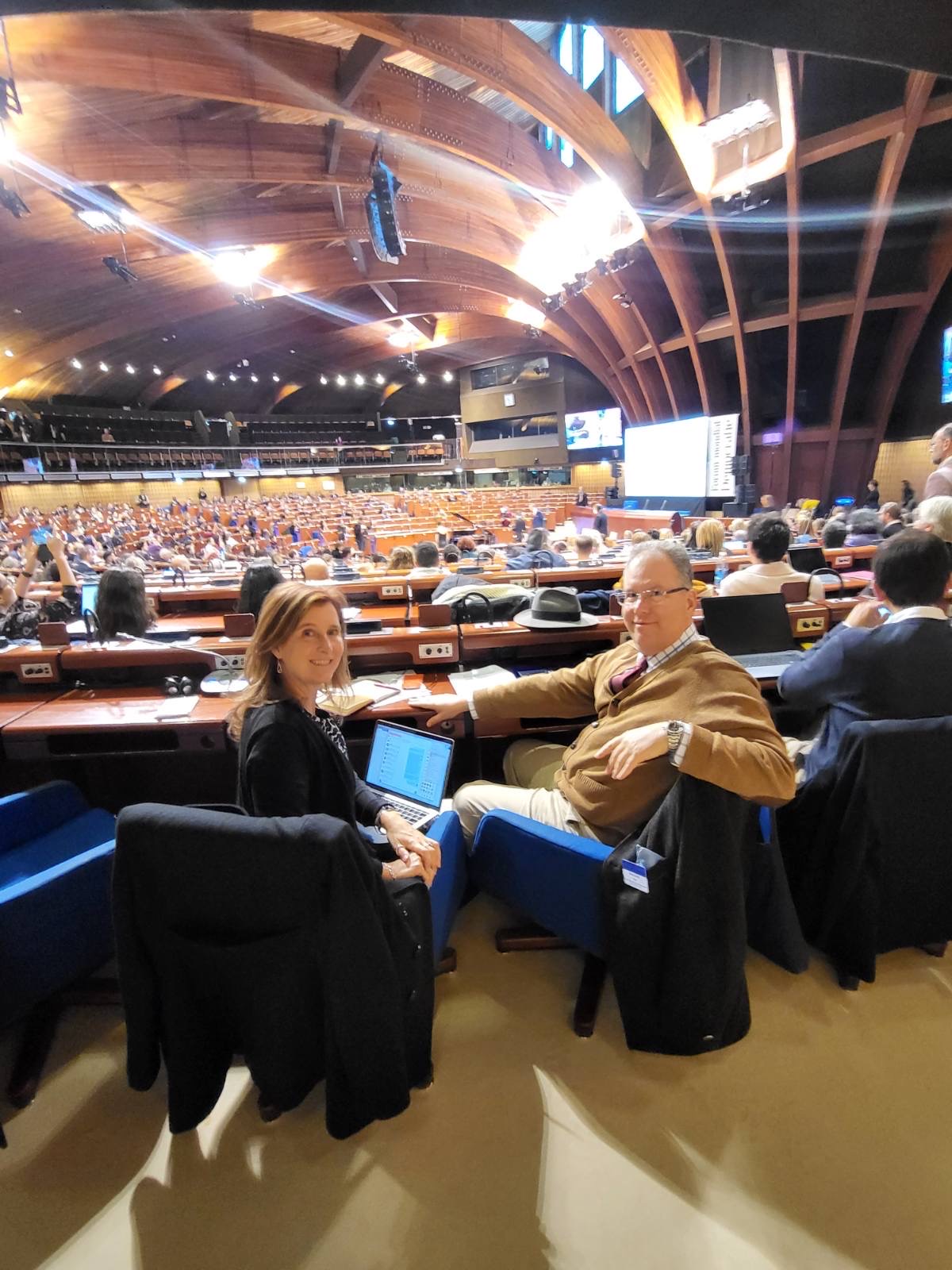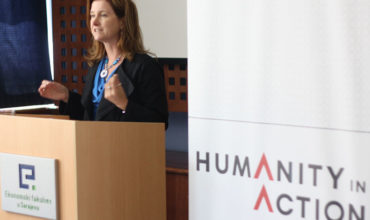Latest blog post
DPC on why granting opening of accession negotiations is counterproductive for EU/Western and BiH interests
On Thursday, March 21, 2024, ahead of the EU Council deciding on giving green light to Bosnia-Hercegovina for opening accession negotiations, Al Jazeera Balkan published a lengthy interview (in B/C/S) with DPC Senior Associates Kurt Bassuener and Bodo Weber, on why DPC advocates against a positive decision, identifying it as countering both EU, and wider West, and BiH’s interests. The provided answers built on DPC’s recent analyses on BiH authorities’ […]
Our Mission
DPC’s mission is to press established and emerging democracies and transnational and international institutions to pursue policies based on liberal democratic values and principles within the scope of their international engagements and commitments. Through its research, analysis, advocacy and public engagement, DPC seeks to draw the attention of policymakers, legislators and civil society to encroachments on freedoms within the democratic framework.
News
Restoring Deterrence to catalyze change: Kurt Bassuener VOA interview
Senior Associate Kurt Bassuener was interviewed by VOA Bosnian Service journalist Inda Swanke for the daily “Studio Washington” program on the overall tenor of the Atlantic Council conference and attendant discussions, in which he actively participated. Kurt further developed his thoughts and rationale for deployment of deterrent contingents in Tuzla,[…]
Kurt Bassuener participates at Atlantic Council in Washington, DC
DPC Senior Associate Kurt Bassuener was a vocal participant in the Atlantic Council’s November 29 conference “A Coming Storm? Shaping a Balkan Future in an Era of Uncertainty,” as well as the closed-door workshop the previous day. The full conference can be viewed at http://www.atlanticcouncil.org/events/webcasts/a-coming-storm-shaping-a-balkan-future-in-an-era-of-uncertainty. Of particular interest was the final panel (beginning[…]
From Discrimination to Inclusion and Equality in Education in BiH
Valery Perry spoke at the conference, “From Discrimination to Inclusion and Equality in Education in BiH,” held on May 30, 2017 in Sarajevo. The conference, convened by Analitika, reviewed issues and challenges related to inclusion in education in the country, ranging from special needs education to the ethno-national and political[…]
Valery Perry speaks at the Humanity in Action ‘Breaking Boundaries’ study trip in Bosnia and Herzegovina
Senior Associate Valery Perry spoke to a group of participants in the Humanity in Action (HIA) “Breaking Boundaries” study trip in Bosnia and Herzegovina, being held from May 26 – June 25. Fifteen HIA fellows from seven countries are taking part in the program this year. Perry’s lecture was titled,[…]
Wide media attention for DPC’s new paper on the EU BiH initiative
DPC’s new policy paper ‘Substantial Change on the Horizon? A Monitoring Report on the EU’s New Bosnia and Herzegovina Initiative,’ authored by Senior Associate Bodo Weber, with Senior Associate Valery Perry contributing, and supported by the Heinrich-Boell-Foundation in BiH, received wide media coverage in BiH, throughout the region and beyond.[…]
Paper on BiH entities’ labor laws
Today, the Friedrich-Ebert-Foundation’s office in BiH published the paper ‘The new labor legislation in BiH, EU reforms and the International Financial Institutions: overdue structural reforms or neoliberal reduction of labor rights?‘ authored by DPC Senior Associate Bodo Weber. The paper offers the first detailed analysis of the new, controversial entity[…]
Study: State Capture in the Western Balkans
The Democratization Policy Council and Eurothink are pleased to share our report, Sell Out, Tune Out, Get Out, or Freak Out? Understanding Corruption, State Capture, Radicalization, Pacification, Resilience, and Emigration in Bosnia and Herzegovina and North Macedonia. The full volume is available, and also a stand-alone Executive Summary and Recommendations.
This report was based on field work in 2020 with over 200 people, beginning just before the pandemic, and in the summer after the strict lockdowns lifted. Extensive media reviews were conducted for each country, and an online poll. In light of the difficulty in doing field work during COVID-19, this report provides an important overview of the situation in the two countries, from the ground up.
This report is a hybrid: Grounded in academic questions and literature, it strongly reflects the voices of ordinary people in localities that are often ignored in political discussions. In addition to the presentation of data, a set of 18 community snapshots is included to provide a deeper look at the lived impact of a generation of upheaval and stagnation. It also seeks to contribute to theory-building and in turn policy-making, as the issues of polarization, corruption, migration, opportunity, dignity, solidarity and vision were themes encountered and synthesized.
The DPC and Eurothink teams hope that this work will contribute to discussions on all of the themes explored. Most importantly, the report is a reminder of the impact on communities and on people of the radical social changes of the past three decades – changes to which consolidated democracies are themselves not immune.


